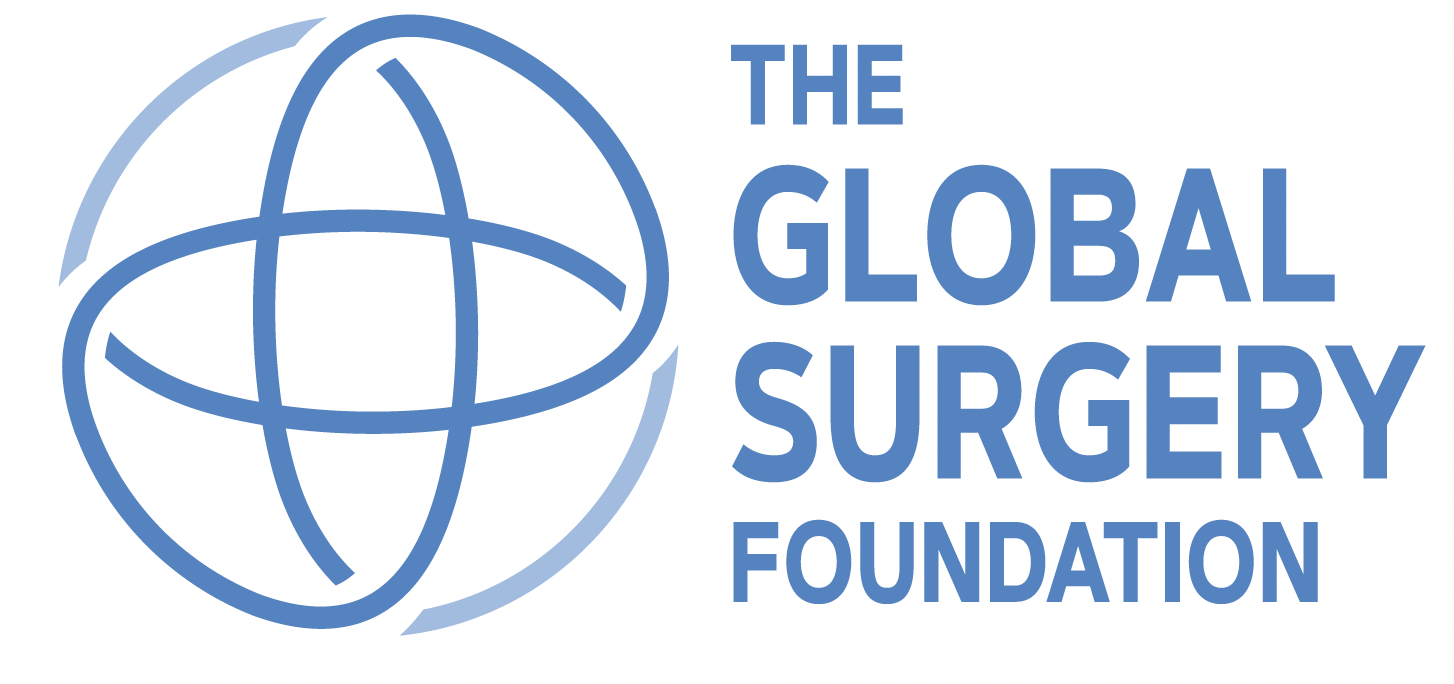Recording: Official Launch of Pakistan's Surgical Plan
With the Ministry of National Health Services, Regulation and Coordination, Government of Pakistan, the United Nations Institute for Training and Research (UNITAR), Harvard Program in Global Surgery and Social Change, and Indus Hospital & Health Network, we are pleased to have supported the
Official Launch of Pakistan’s National Surgical Plan
Monday, July 12th, 2021 @ 3:30-5:00 PM (PKT)/12:30-2:00 PM (CET)
Join hands with us in our mission to ensure that all Pakistanis have access to safe, timely, and affordable emergency and essential surgical, obstetric, and anesthesia care services so that they may live healthy and productive lives.
Download the launch report here.
Recording
Agenda
Background
Safe surgical and anesthesia care in low-and-middle income countries (LMICs) has not progressed during the last 25 years despite significant advancements in global health. Worldwide, 5 billion people lack access to surgical care due to a paucity of health facilities, poor infrastructure, inappropriate health workforce, and low financial protection. An estimated 16.9 million people die each year from surgically preventable causes of death, with 95% of these deaths occurring in South Asia and sub-Saharan Africa. It is important to note that while the mortality rate due to surgical diseases is four times more than due to HIV/AIDS, malaria, and tuberculosis combined, very little investment has been made to strengthen surgical systems. Recognizing this gap, in May 2015 the World Health Assembly passed a resolution (WHA68.15) that commits to “strengthening emergency and essential surgical care and anaesthesia as an essential component of universal health coverage”. In the same year, the Lancet Commission on Global Surgery (LCoGS) published its findings, and highlighted the inequity in surgical care. The LCoGS proposed the national surgical, obstetric and anaesthesia plan (NSOAP) as a strategic framework to guide countries to strengthen surgical platforms, and emphasized the need for collection of defined surgical indicators to track progress. Subsequently, four out of these six indicators were adopted as part of the World Development Indicators.
Pakistan’s National Vision for Surgical Care
As a signatory to WHA Resolution 68.15, Pakistan has taken a lead as Asia’s first country to develop a national surgical plan. Pakistan has a devolved health system with a federal ministry of health and four provincial health departments, working autonomously to implement their strategic plans developed under a National Health Vision-2016-2025 (NHV2025). Surgery and surgical services were not a stated priority area and subsequently overlooked by planners and policy makers at key forums. Utilizing the NSOAP framework, Pakistan’s National Vision for Surgical Care was developed by a broad spectrum of relevant stakeholders to highlight current gaps in surgical care delivery and provide a strategic direction to strengthen surgical systems in the country.
The NVSC process was led by Indus Hospital & Health Network (IH&HN) in collaboration with the Ministry of National Health Services, Regulation and Coordination (MoNHSR&C), with technical support provided by the Program for Global Surgery and Social Change (PGSSC) and the World Health Organization’s Programme in Emergency and Essential Surgical Care. A National Stakeholders’ Conference Vision was convened in November 2018 to develop a board stakeholder engagement with public and private, national and international stakeholders committing to a roadmap for improving surgical care in Pakistan through a “Consensus Statement'' that was released at the end of the conference. This summary statement was expanded based on stakeholder input provided during the two-day conference as well as during provincial consultations held in March 2019, leading to finalization of the NVSC2025 document. Subsequently, this draft document was finalized and approved by MoNHSR&C in April 2021.
The implementation of the Universal Health Coverage-Benefit Package (UHC-BP) Pilot Project in Pakistan provides a unique opportunity for integration of surgical systems strengthening as a key component of overall health system optimization. Technical expertise on the surgical component of UHC-BP was provided by IH&HN team; in particular, the need for surgical care for children is an essential part of this package. Thus, UHC-BP provides a timely vehicle for implementation of NVSC.
A dire need for surgical systems strengthening in Pakistan
Pakistan has an established public sector health infrastructure but lacks utilization of services due to inappropriate distribution of workforce and resources, especially at the secondary level of healthcare.
Pakistan has a high maternal mortality rate of 276 per 100,000 of population. Many of these deaths could be prevented if we have had ready access for emergency obstetric surgical care, particularly at the secondary level.
With a population of around 227 million, the need for surgical care is rapidly increasing and the current surgical systems are unable to cope with this growing demand.
An estimated additional 10 million surgeries need to be performed every year to address this unmet need.
Pakistan has only 6 surgeons, obstetricians and anesthesiologists (SOA) per 100,000 of population against the minimum target of 20 per 100,000 proposed by the LCoGS.
Event partners
Watch the recording here.
Follow us on Social Media to get the latest on global surgery!








